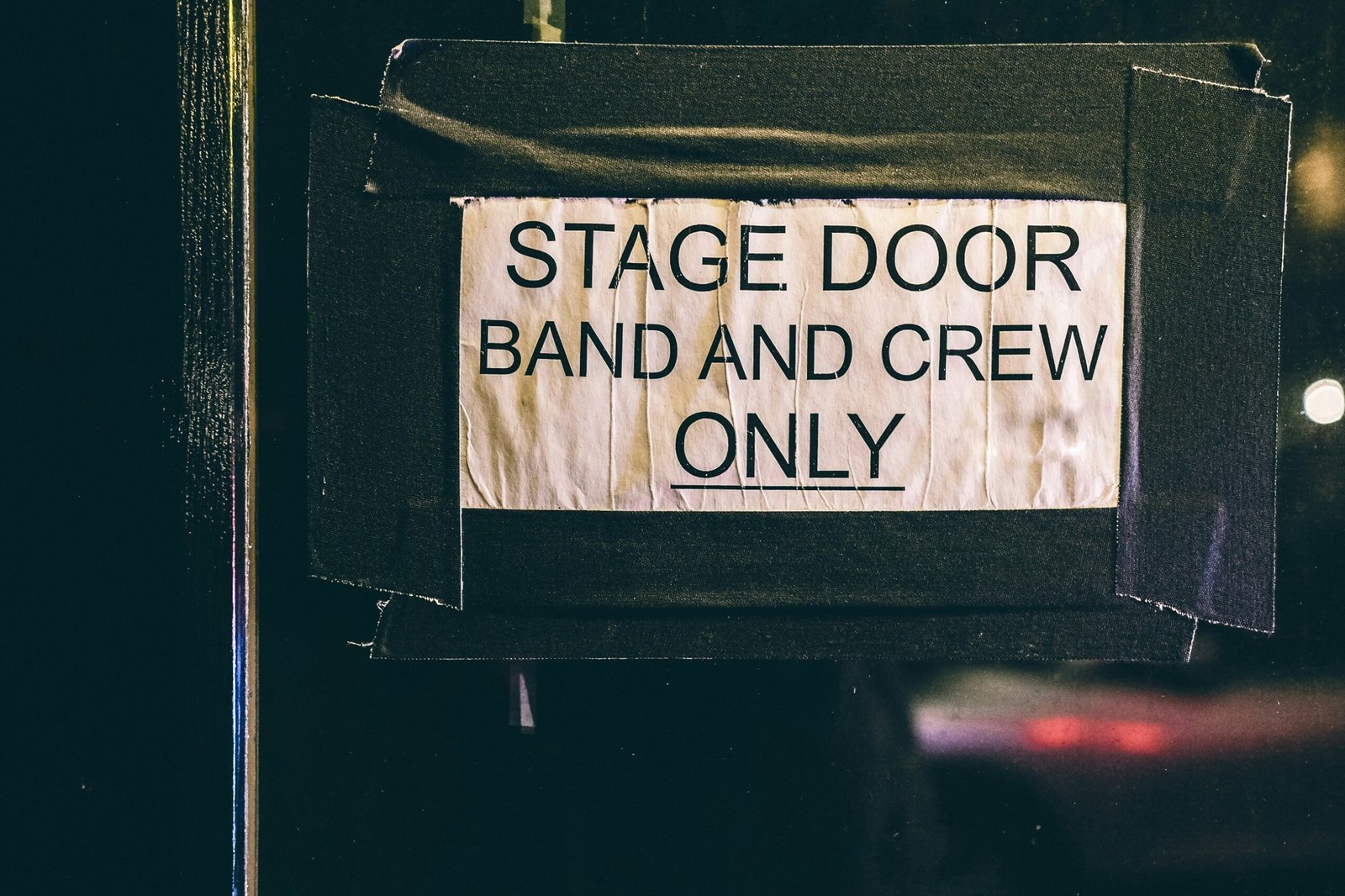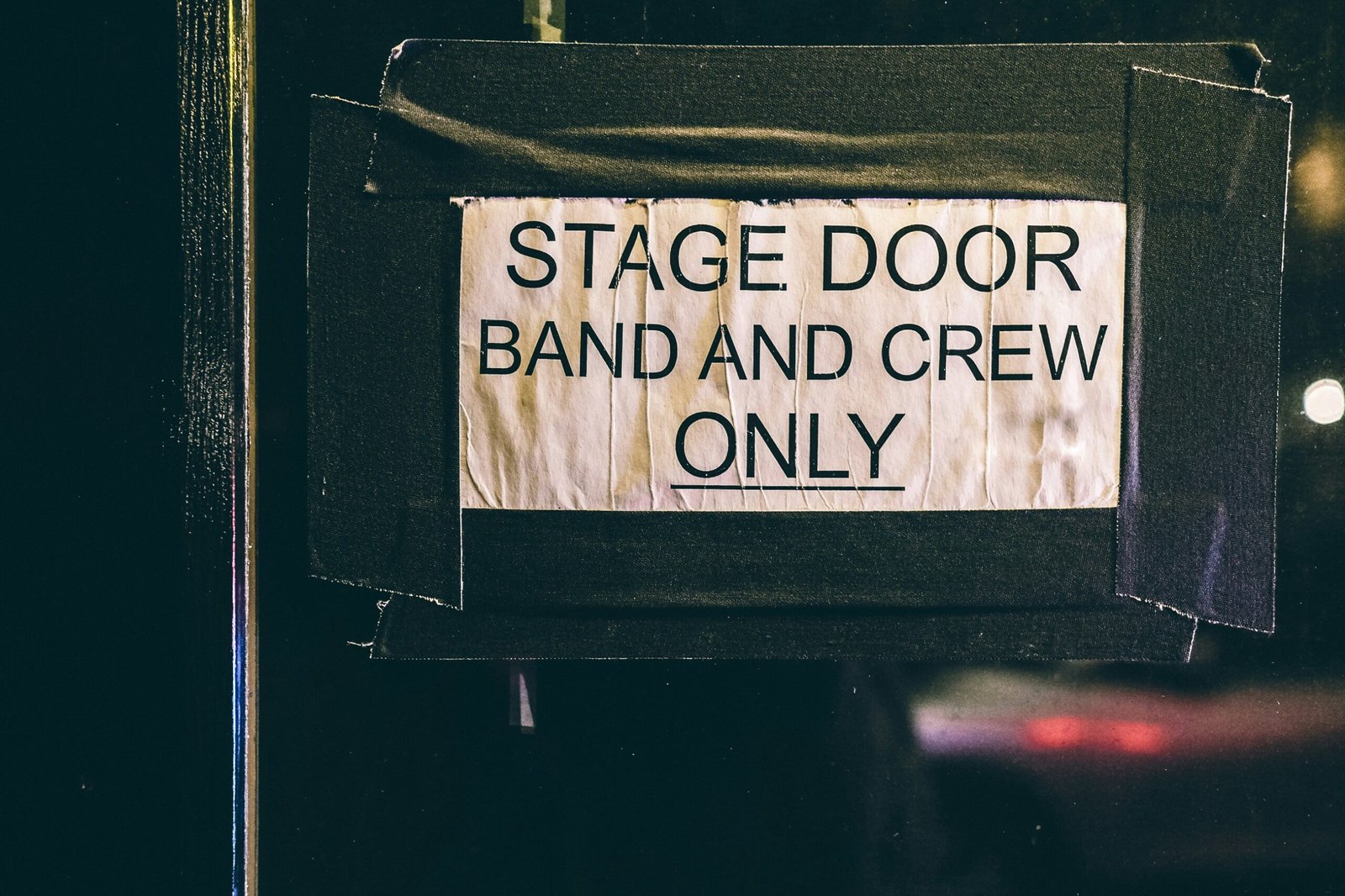
Introduction to Perfume as Art
The perception of perfume has evolved significantly over the years, transcending its conventional role as merely a fragrant accessory. Today, it is increasingly recognized as an art form, where olfactory expressions merge with artistic vision and scientific precision. This innovative blend of chemistry and artistry is what makes perfumery a unique medium for personal expression. Renowned perfumers—both established and emerging—experiment with a plethora of ingredients, crafting scents that evoke emotions, memories, and experiences. The intricate process of blending these elements showcases the creative prowess similar to that found in painting or music.
In recent years, the emergence of niche and limited-edition fragrances has further solidified perfumes’ status within the realm of art. Unlike mass-market perfumes that prioritize broad appeal, niche fragrances focus on artistry, originality, and craftsmanship. They often feature rare or high-quality ingredients, which emphasize the artisan nature of their creation. Limited-edition releases inspire a sense of exclusivity and collectability, appealing to connoisseurs and collectors alike. This phenomenon also reflects a shift in consumer behavior, where individuals are increasingly seeking unique, signature scents that align closely with their personal identities.
The notion of perfume as art extends beyond just the scent itself; it includes the storytelling aspect that accompanies each fragrance. Each perfume can be viewed as a narrative crafted through olfactory notes, drawing upon cultural, historical, and emotional influences. This holistic approach to perfumery not only enriches the experience for the wearer but also elevates the status of perfumes as sophisticated artifacts. As we delve deeper into this fascinating world of fragrance, it becomes evident that the artistry involved in creating a perfume, particularly in the niche segment, warrants exploration and appreciation for its inherent value.
The Allure of Limited-Edition Fragrances
Limited-edition fragrances possess a unique charm that captivates both collectors and connoisseurs alike. One of the primary factors contributing to their allure is exclusivity. When a brand releases a limited-edition scent, it often produces only a finite number of bottles, creating a sense of urgency and desire among fans. The scarcity of these fragrances not only enhances their status but also fosters a feeling of belonging among those who manage to acquire them, as they partake in a shared experience that few others can enjoy.
Moreover, the craftsmanship behind limited-edition fragrances often reflects the brand’s dedication to artistry and innovation. Many perfumers pour their creative energy into these exclusive releases, experimenting with unique ingredients and unconventional scent compositions. This commitment to quality and creativity means that limited-edition perfumes often stand out within a brand’s portfolio, delivering an olfactory experience that can be both profound and memorable. Collectors may find themselves drawn not only to the scent itself but also to the artistry involved in its creation.
Beyond the tangible qualities of limited-edition fragrances, there exists an emotional connection that resonates deeply with enthusiasts. A particular scent may evoke cherished memories or symbolize moments of significant personal value, linking the wearer to specific experiences. For many, acquiring a limited-edition fragrance transcends mere possession; it becomes a means of expressing identity and a manifestation of taste. Hence, each bottle transforms into more than just a perfume – it becomes an art piece that narratively connects its wearer to a world of creativity and inspiration.
Ultimately, the intersection of exclusivity, craftsmanship, and emotional connection renders limited-edition fragrances an intriguing investment for those passionate about the art of perfumery.
Investment vs. Indulgence: The Financial Perspective
Investing in limited-edition fragrances has garnered increasing attention as a potential financial opportunity, much like traditional forms of art. The allure of these fragrances often stems from their unique scent profiles and the exclusivity that limited availability offers. However, prospective buyers should carefully consider the financial implications associated with such purchases. The initial investment in a limited-edition bottle can be considerable, yet the potential for value appreciation is a significant attraction for collectors. Just as with limited-edition artworks, the market for rare fragrances can experience fluctuations, driven by demand, brand reputation, and the fragrance’s historical significance.
It’s essential to understand that, while some fragrances may appreciate over time, this is not guaranteed. The risks involved are akin to the volatility present in any collector’s market. Factors influencing a fragrance’s value include its rarity, the brand’s legacy, and the overall demand among collectors and enthusiasts. Thus, those considering fragrances as an investment must conduct thorough research and possess a solid understanding of market trends.
However, it is crucial to differentiate between collecting with the intention of financial gain and collecting for personal enjoyment. Many enthusiasts find fulfillment in acquiring fragrances that resonate with their personal tastes and memories. The emotional aspect of fragrance extends beyond mere financial implications, creating a unique experience where the value is intrinsic rather than monetary. While investing in limited-edition fragrances can indeed yield financial returns for some, it is often recommended that collectors also prioritize their personal connection to the fragrances themselves. This balance can lead to a more rewarding and enriching collecting experience, marrying the worlds of fiscal prudence and sensory indulgence.
Factors Influencing Value: What to Consider
When contemplating an investment in limited-edition fragrances, several key factors significantly influence their overall value. Understanding these elements is essential for potential investors to make informed decisions.
Firstly, the brand reputation plays a critical role. Established brands, particularly those with a long-standing history in the fragrance industry, often command higher prices due to their recognized quality and heritage. Fragrances from renowned houses, such as Chanel or Guerlain, tend to retain and potentially appreciate in value due to their prestigious status. Conversely, lesser-known brands may lack the same level of demand, affecting their resale potential.
Another crucial aspect to consider is rarity. Limited-edition fragrances are inherently produced in smaller quantities, thus enhancing their exclusivity. This scarcity can drive demand, particularly among collectors. The more limited the production run, the more sought after the fragrance may become. Therefore, verifying the number of units released and how quickly they sold out can be an indicator of future value appreciation.
Packaging design also contributes to the appeal and value of a fragrance. Elegant, unique, or artistically striking packaging can enhance the desirability of a limited-edition fragrance. Collectors and investors often value the presentation as much as the scent itself, which can result in a more substantial long-term investment.
Lastly, the notoriety of the perfumer is an essential factor. Renowned perfumers who are celebrated for their craft can increase a fragrance’s attractiveness. The creativity, expertise, and stories behind the fragrance add another layer of value. Investors may find that fragrances created by famed perfumers not only attract attention but also hold their value over time.
In conclusion, assessing brand reputation, rarity, packaging design, and the perfumer’s reputation is vital for anyone considering an investment in limited-edition fragrances. Each of these factors contributes to the overall allure and potential financial return on the investment.
Cultural and Historical Significance of Perfume
Perfume, often regarded as a tangible expression of art, has been intertwined with human civilization for centuries. Historically, different cultures have ascribed significant values to fragrances, viewing them not merely as embellishments but as integral components of cultural identity and social practices. Ancient Egyptians, for instance, considered perfumes sacred and associated them with their deities, using fragrance in religious rituals and burial practices to honor the divine and commemorate the departed.
As society evolved, so did the art of perfumery. The Greeks and Romans also embraced fragrances, incorporating them into their daily lives and public celebrations. In medieval Europe, the rise of the Christian church saw a shift where scented oils and perfumes were utilized in religious ceremonies. This relationship between fragrance and spirituality underlines how perfumes served multifaceted purposes across different civilizations, from personal adornment to spiritual offerings.
In modern times, the advent of the commercial perfume industry has led to a flourishing of fragrance creation, inviting artists and perfumers to experiment with ingredients and techniques. Limited-edition fragrances, in particular, hold a special allure. Often released in response to cultural movements or significant events, these fragrances encapsulate the zeitgeist and reflect societal values at a specific moment in time. For example, a limited edition might commemorate a historical anniversary or collaborate with celebrated artists, aligning the scent with a broader cultural narrative.
Furthermore, the rarity associated with limited-edition scents conveys a sense of exclusivity and value among collectors and enthusiasts. This notion echoes historical practices, where unique fragrances were reserved for royalty or high-ranking individuals. As a result, the cultural and historical significance of perfume transcends mere olfactory pleasure, establishing it as a medium of expression that resonates across time and space.
Consumer Perspectives: Who Buys Limited Editions and Why?
Limited-edition fragrances have garnered considerable attention in the perfumery market, attracting a unique demographic of consumers who are motivated by various factors. The allure of exclusivity and the artful presentation of these fragrances often appeals to collectors and enthusiasts who are not only interested in the scent but also in the essence and story behind each bottle. The psychology of these consumers reveals a blend of status-seeking motivations, personal satisfaction, and the sentimental value associated with gifting such exclusive items.
One prominent segment of consumers is the fragrance collectors—individuals who view their collection as a form of art. They often seek rare offerings that reflect their taste and personality, believing that owning a limited edition signifies a commitment to the olfactory arts. For many collectors, it is not just about the fragrance itself but about acquiring pieces that possess a unique narrative, often linked to the perfumer’s creative vision or the brand’s heritage.
Furthermore, the appeal of limited editions extends beyond collectors; they also attract consumers looking to elevate their social status. Owning a scarce fragrance represents a form of social capital, providing an avenue for self-expression and distinction in a world increasingly driven by consumer choices. Limited editions can become talking points and symbols of sophistication in social settings.
Gift-giving constitutes another significant motivation for purchasing limited-edition fragrances. Consumers may seek these exclusive scents to convey thoughtfulness and appreciation, believing that such high-end gifts reflect their regard for the recipient. Personal satisfaction, whether derived from the scent itself or the act of gifting, plays a crucial role in the purchasing decision.
Ultimately, the motivations surrounding the acquisition of limited-edition fragrances are manifold, highlighting a complex interplay between art, status, and personal connection. Understanding these perspectives elucidates why these fragrances transcend mere consumer goods to become cherished possessions that resonate on an emotional level.
The Role of Marketing in Creating Desirability
Marketing plays a pivotal role in elevating limited-edition fragrances from mere scents to coveted collectibles. Fragrance brands employ an array of strategies to create a sense of exclusivity and desirability, transforming each limited release into a must-have item for enthusiasts and collectors alike. Typically, the marketing campaigns surrounding these fragrances are meticulously crafted to resonate with the target audience’s aspirations and emotions.
One of the most effective tactics utilized by brands is storytelling. By weaving a captivating narrative around the fragrance, brands enhance its allure, making it appear as part of a larger artistic expression. This narrative often includes the inspiration behind the scent, the raw materials used, and the artisans involved in the creation process. Such storytelling not only deepens the emotional connection consumers feel toward the fragrance but also elevates it to the status of art. Thus, through evocative marketing, brands effectively create a perception of value that extends beyond the mere olfactory experience.
Moreover, the packaging of limited-edition fragrances significantly contributes to their desirability. Luxury brands tend to invest substantial resources in innovative and aesthetically pleasing packaging designs that reflect the exclusivity of the product. Unique bottle designs, accompanied by elegant boxes and limited-run art illustrations, enhance the overall experience of unboxing the fragrance. This visual appeal plays a crucial role in consumer perception, often influencing purchase decisions.
Finally, promotional campaigns leverage scarcity as a core tenet of their strategy. Phrases such as “only 500 units produced” or “available for a limited time” create a sense of urgency that compels consumers to act quickly. By carefully manipulating consumer psychology, fragrance brands effectively enhance the desirability of limited-edition offerings, resulting in higher demand and perceived value within the marketplace.
Sustainability and Ethical Considerations
The fragrance industry, particularly concerning limited-edition fragrances, has come under scrutiny for its sustainability and ethical practices. In recent years, consumers have become increasingly aware of the environmental impact of their purchases, prompting many fragrance brands to reevaluate their production processes. The demand for eco-friendly practices extends to sourcing ingredients, packaging, and overall brand transparency. Many companies are now adopting sustainable practices by utilizing natural ingredients that are ethically harvested, thus minimizing their carbon footprint and supporting fair trade.
Brands are also exploring more sustainable packaging solutions for their limited-edition releases. Traditional packaging materials often contribute significantly to environmental waste. In response, some companies are turning to recycled or biodegradable materials for their packaging needs. Furthermore, refillable perfume bottles have gained popularity, allowing consumers to reduce waste while still enjoying the uniqueness of limited-edition scents. This shift not only appeals to environmentally conscious customers but also reinforces the brand’s commitment to sustainability.
In addition, fragrance brands are increasingly adopting ethical marketing strategies. Consumers are looking for transparency regarding ingredient sourcing and labor practices. Brands that highlight their ethical initiatives, such as supporting local communities or promoting wildlife conservation, are likely to resonate more with today’s conscientious buyers. This change is evident in how companies present their limited-edition fragrances, emphasizing not just the uniqueness of the scent but also the positive impact of the production methods.
In conclusion, the sustainability and ethical considerations surrounding limited-edition fragrances play a crucial role in their market appeal. As consumers demand more responsible practices, fragrance brands must adapt their approaches to meet these expectations, ensuring that their products align with a more sustainable and ethical future.
Conclusion: Is It Worth It?
As we have explored the world of limited-edition fragrances, it becomes clear that the decision to invest in these unique scents is multifaceted. Limited-edition perfumes often embody the essence of artistic expression, offering something beyond mere fragrance; they provide a narrative, a moment in time, or even a piece of culture encapsulated in a bottle. For fragrance aficionados, owning such a piece can evoke a sense of connection to the artistry involved in its creation.
However, the worth of these fragrances is not solely measured in their potential for appreciation or resale value. Personal preference plays a critical role in determining whether the investment is justified. If a limited-edition fragrance resonates with an individual’s olfactory senses and aligns with their style, then it may indeed be a worthwhile addition to their collection. On the other hand, for someone who prioritizes utility and wearability over exclusivity, investing in limited-edition releases might not hold the same appeal.
Furthermore, the joy of owning a limited-edition fragrance comes from the exclusivity and the artistry it represents. These fragrances often carry a story, representing the creator’s vision and craftsmanship. This emotional connection can significantly enhance the overall experience, making the investment worthwhile for many. Thus, while the financial aspect cannot be ignored, it is essential to recognize that true value often lies in personal satisfaction and emotional resonance.
In conclusion, the decision to invest in limited-edition fragrances is ultimately subjective. Readers are encouraged to consider their preferences, the artistic elements of the fragrances, and the personal joy they derive from such investments. By weighing these factors thoughtfully, individuals can arrive at a decision that aligns with their unique circumstances and values.



